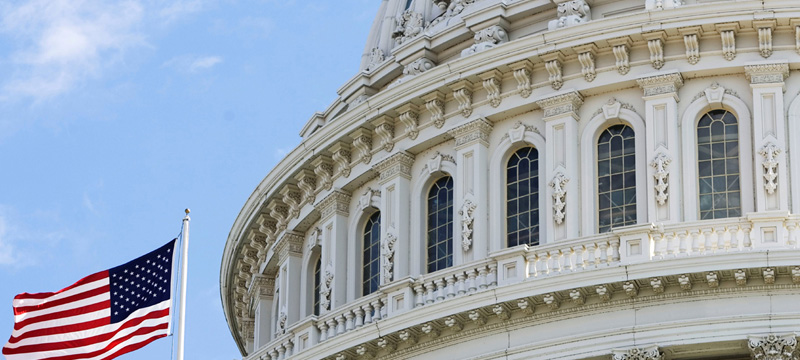The False Claims Act’s Liability Provisions (Part 5 of 7): False Receipts
The False Claims Act has seven liability provisions. Attorneys use some in almost every case, while others are rarely used. In a series of posts, each provision will be discussed.
The Act’s fifth liability provision is 31 U.S.C. § 3730(a)(1)(E), which provides that any person who “is authorized to make or deliver a document certifying receipt of property used, or to be used, by the Government and, intending to defraud the Government, makes or delivers the receipt without completely knowing that the information on the receipt is true” is liable.
Simplified Example: ACME Airplanes has reason to believe that the jet engines ACME is buying for installation into fighter jets that ACME is building for the military are contractually nonconforming. ACME supplies the Government with a document certifying receipt of jet engines that states that the engines are conforming.
The false receipts provision is a little used section of the False Claims Act. There are no reported cases.
This provision appears to contain an intent requirement as it discusses those “intending to defraud the Government.” The continued inclusion of this intent language in § 3730(a)(1)(E) is almost certainly an oversight due to the fact that this provision is never used.
When Congress amended the False Claims Act in both 1986 and in 2009, one of Congress’s goals was to make it absolutely clear that the False Claims Act has no specific intent requirement.
In 1986, Congress defined the term defined “knowingly” in the False Claims Act as actual knowledge, deliberate ignorance, or reckless disregard and further said that “no proof of specific intent to defraud” is required. 31 U.S.C. § 3730(b)(1). The legislative history from the 1986 amendments states that Congress’s goal was ensure that the False Claims Act holds liable “ostriches” who bury their heads in the sand and fail to make simple inquiries which would alert them that false claims are being submitted. S.Rep. 99-345 at 7 (1986); 132 Cong. Rec. 20535─36 (Aug. 11, 1986)(remarks of Sen. Grassley).
In 2009, the Supreme Court issued an opinion declaring that one of the more frequently used provisions of the False Claims Act, now-numbered 31 U.S.C. § 3729(a)(1)(B), contained an intent requirement. Congress disagreed with the Supreme Court’s interpretation and acted swiftly to amend retroactively the FCA to draft the false statement provision of § 3729(a)(1)(B) to clarify that it has no intent requirement. S. Rep. 111-10 at 10─12 (2009).
While the continued inclusion of intent language in 31 U.S.C. § 3730(a)(1)(E) is almost certainly a mistake, lawyers should have no reason to need to use this provision because the same conduct actionable under (a)(1)(E) will almost always be actionable under another of the False Claims Act’s liability provisions.
If you know of someone who has made false claims, statements, or receipts, or who has cheated the Government, protect yourself and explore potential remedies. You can obtain guidance from experienced legal counsel by contacting us.

